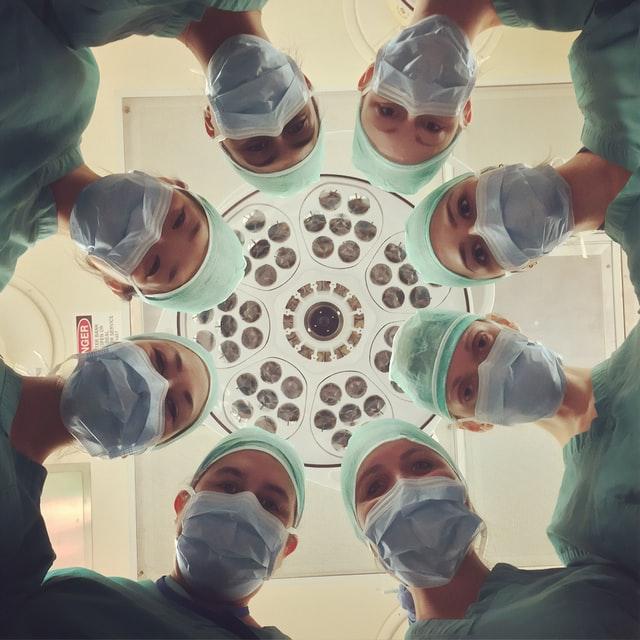The United States Conference of Catholic Bishops (USCCB) and a key Catholic bioethics group are both warning of a potential rewriting of U.S. law to broaden the definition of brain death, a revision they claim relies on “deficient medical criteria.”
Newsroom (22/07/2023 06:30, Gaudium Press) The USCCB and the National Catholic Bioethics Center said in a joint letter this month that the Uniform Law Commission was moving to revise the definition of whole-brain death without relying on “compelling scientific evidence” to do so.
The Uniform Law Commission (ULC) is a nonprofit group based in Chicago that drafts model legislation for U.S. lawmakers. The group says on its website that it “provides states with nonpartisan, well-conceived, and well-drafted legislation that brings clarity and stability to critical areas of state statutory law.”
The ULC meets this week in Honolulu for its 132nd annual meeting. Among the items of debate at the gathering is a slate of revisions to the Uniform Determination of Death Act, a law first proposed by the ULC in 1981 and which has since been adopted by most state legislatures.
Among potential revisions is a proposal to replace the brain-death standard of “irreversible cessation” of key brain or respiratory functions with one in which permanent “coma” and “loss of brainstem reflexes” could be counted as death.
In their letter, the Catholic bishops and the bioethics centre argue that the rewrite “would replace the standard of whole brain death with one of partial brain death.”
“The basis for our objection is that the proposed revision will allow patients who exhibit partial brain function to be declared ‘legally dead’ when they are not biologically dead,” the Catholic groups wrote.
“Nothing in Catholic teaching provides support for lowering the criterion to something less than ‘irreversible cessation of all functions of the entire brain,’” the groups said. “We are opposed to lowering that standard in the absence of compelling scientific evidence.”
The letter further acknowledged that while organ donation is a “generous act” that aligns fully with Catholic ethical teaching, it can only be performed so long as “the proper conditions are met.” The suggestion that “partial brain death is sufficient for vital organ retrieval” could dissuade individuals from becoming donors themselves, they said.
The new standards, meanwhile, could also be used “to justify protocols that actively occlude blood flow to the brain,” leading a transplant team to “directly cause the death of the donor.”
The bishops and the bioethics centre urged the ULC to retain the original language of the Determination of Death Act. The letter further urged the nonprofit group to “encourage medical professionals to update clinical testing guidelines to fully comply with the current legal definition of brain death, not change the legal definition to comply with deficient medical criteria.”
The scientific journal Nature reported earlier this month that the revisions were being driven by a desire to “harmonize state laws surrounding the determination of death” due to “imprecise language in existing laws.”
The ULC said the revisions are scheduled to be debated at the Honolulu meeting this month but are “not scheduled for final approval,” which will take place at a later date.
- Raju Hasmukh with files from CNA
































